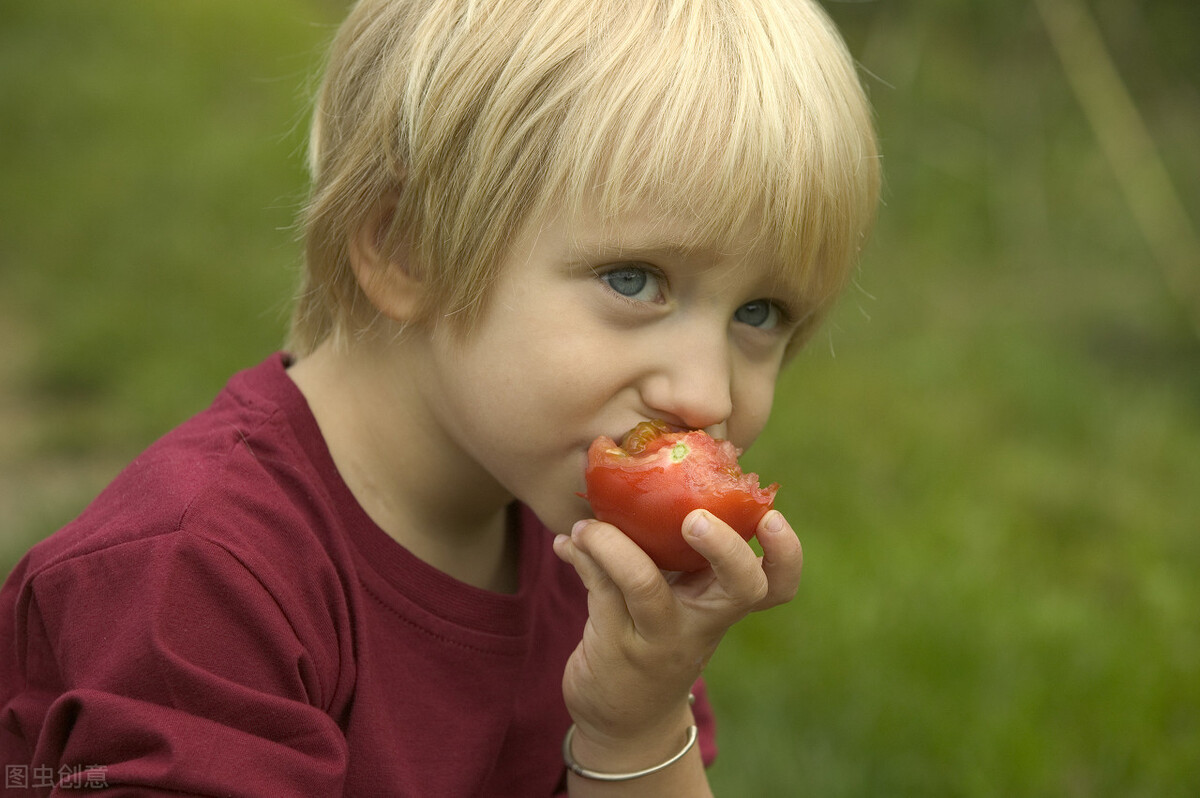What Happens If You Eat Lychee on an Empty Stomach? Understanding the Risks and Precautions
Lychee, with its succulent sweetness and floral fragrance, is a beloved tropical fruit enjoyed by many. However, a lesser-known fact about lychee is that consuming it on an empty stomach can lead to potential health risks. In this blog post, we will delve into what happens when you eat lychee on an empty stomach, the associated risks, and essential precautions to ensure your well-being.
The Connection Between Lychee and Hypoglycemia: Lychees contain natural sugars, particularly fructose. When you eat lychee on an empty stomach, the fructose is rapidly absorbed by the body, causing a sudden spike in blood sugar levels. This surge in blood sugar is followed by a rapid decrease, leading to a condition known as hypoglycemia, or low blood sugar.
Symptoms of Hypoglycemia After Eating Lychee: The symptoms of hypoglycemia after consuming lychee on an empty stomach can be alarming and may include:
- Weakness and Fatigue: A sudden drop in blood sugar levels can leave you feeling weak and fatigued.
- Dizziness and Lightheadedness: You may experience dizziness or lightheadedness as your brain receives insufficient glucose.
- Sweating and Trembling: Hypoglycemia can cause sweating and trembling, especially in the hands.
- Anxiety and Irritability: You might feel anxious or irritable due to the body’s response to low blood sugar.
- Confusion and Difficulty Concentrating: Low blood sugar levels can affect cognitive function, leading to confusion and difficulty concentrating.
- Headache: Some individuals may experience headaches as a result of hypoglycemia.
Precautions to Prevent Hypoglycemia from Lychee Consumption: To enjoy lychee without the risk of hypoglycemia, consider the following precautions:
- Moderation is Key: Consume lychee in moderation and avoid eating a large quantity on an empty stomach.
- Pair with Other Foods: If you enjoy lychee for breakfast or as a snack, pair it with foods that have a lower glycemic index, such as whole grains or proteins. This can help stabilize blood sugar levels.
- Avoid Excessive Consumption: Refrain from excessive lychee consumption, especially for children, to prevent sudden spikes in blood sugar.
- Eat a Balanced Diet: Maintain a balanced diet with a variety of nutrient-rich foods to support stable blood sugar levels throughout the day.
While lychee is a delectable and delightful fruit, it’s essential to be mindful of the potential risks associated with consuming it on an empty stomach. Hypoglycemia resulting from lychee consumption can lead to uncomfortable symptoms and affect overall well-being. By enjoying lychee in moderation and being mindful of your diet, you can savor the sweetness of this tropical fruit without compromising your health.
Remember, a balanced approach to lychee consumption ensures you experience all the joys of this fruit while maintaining your blood sugar levels in check. So, next time you indulge in lychee, do so wisely, and enjoy its delightful flavors responsibly!










